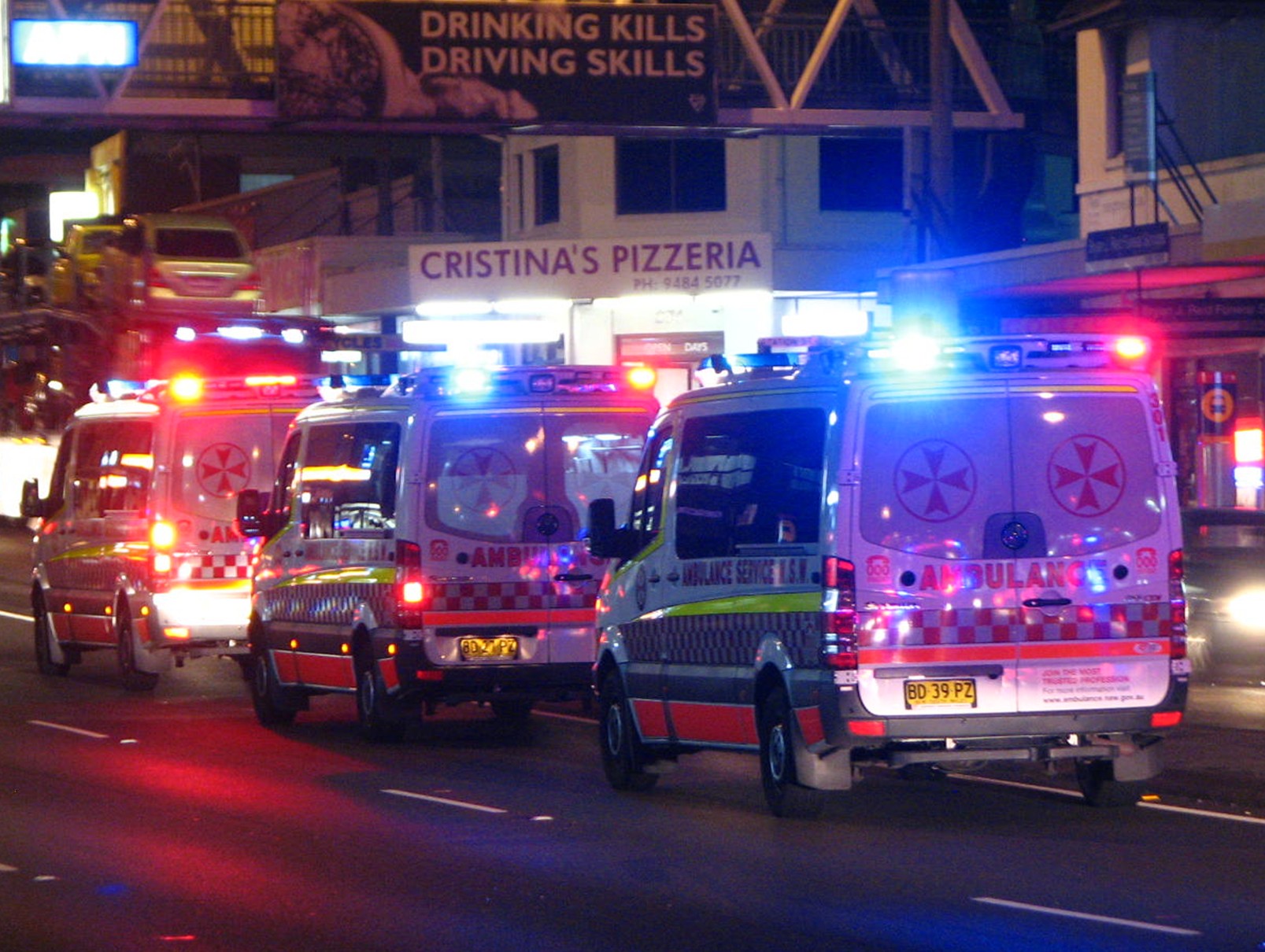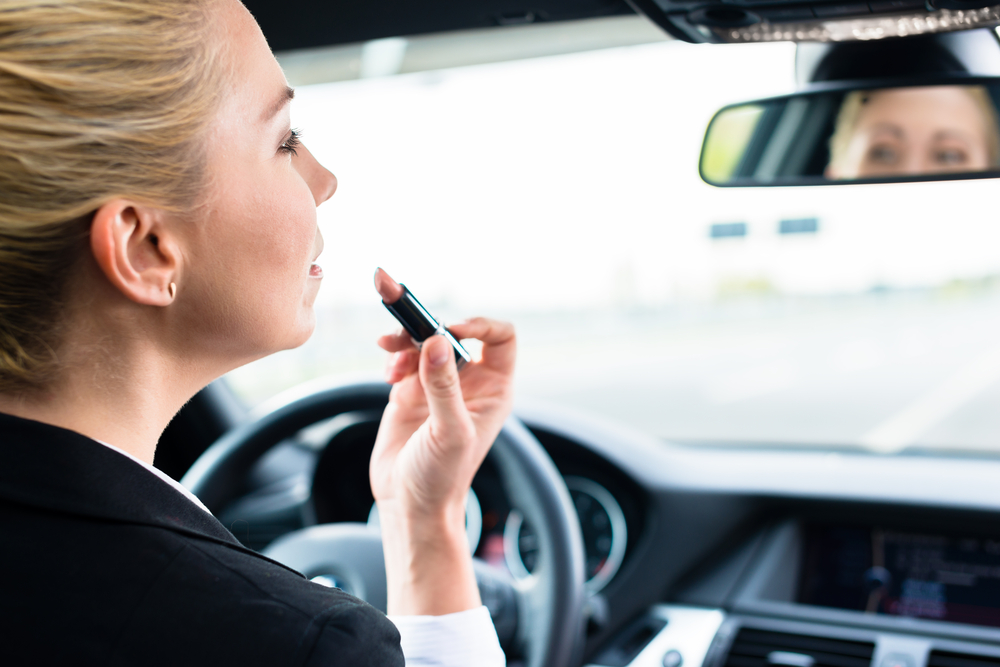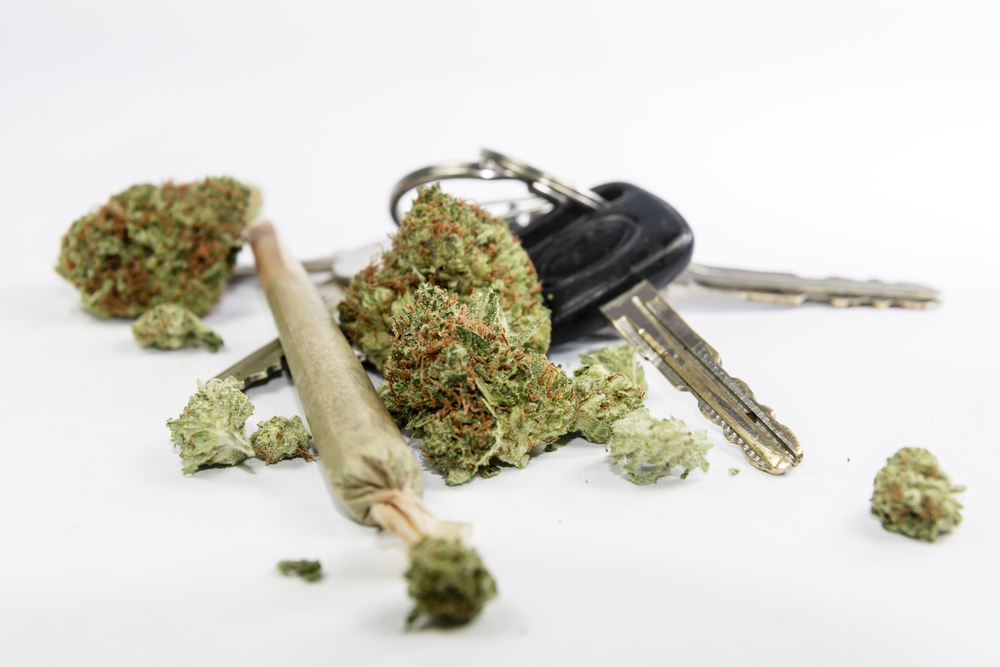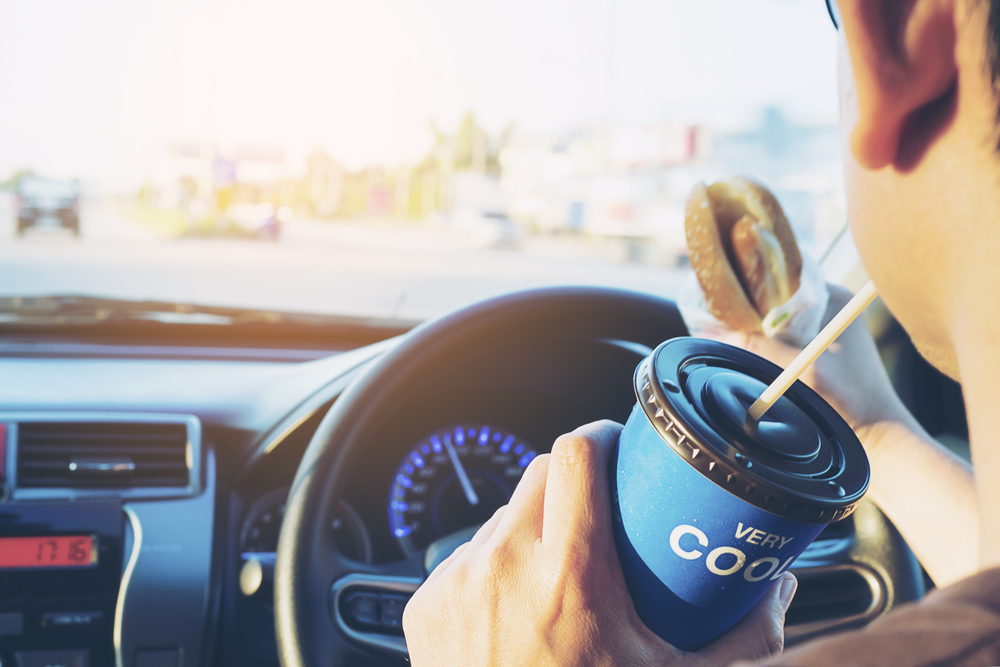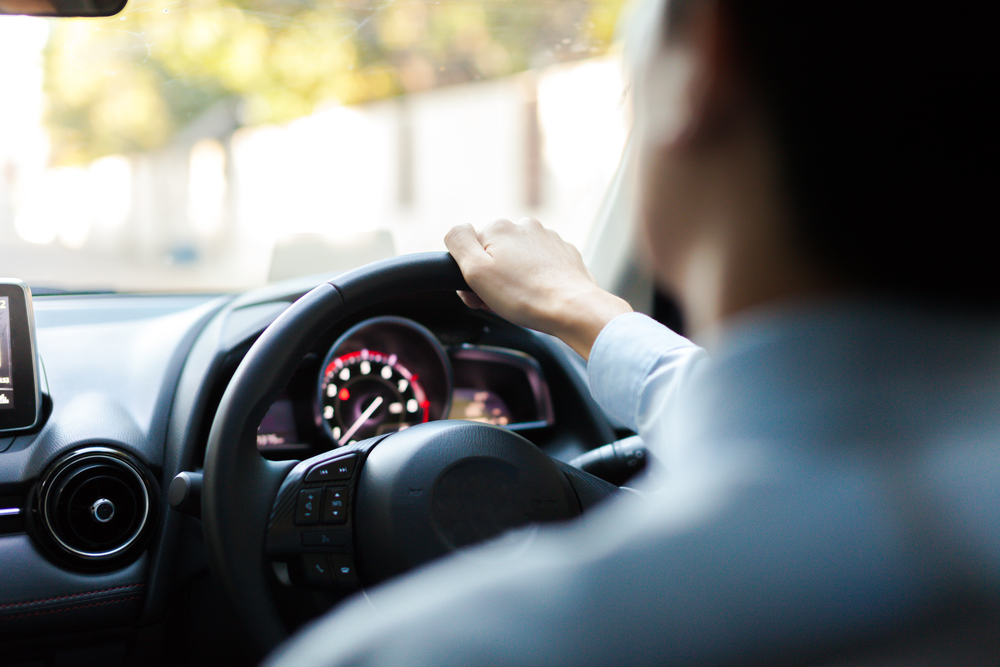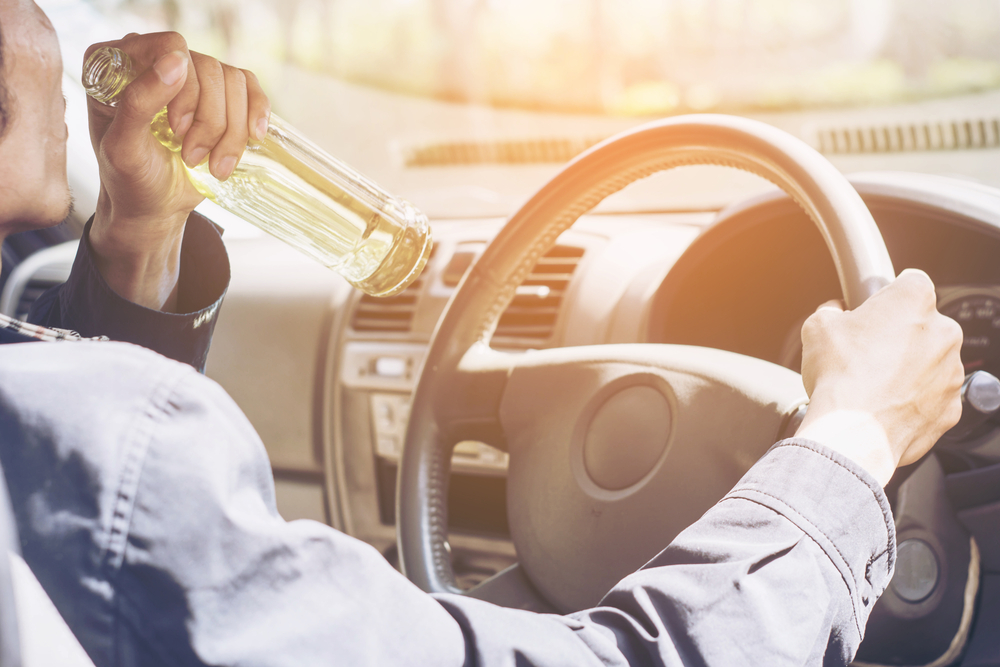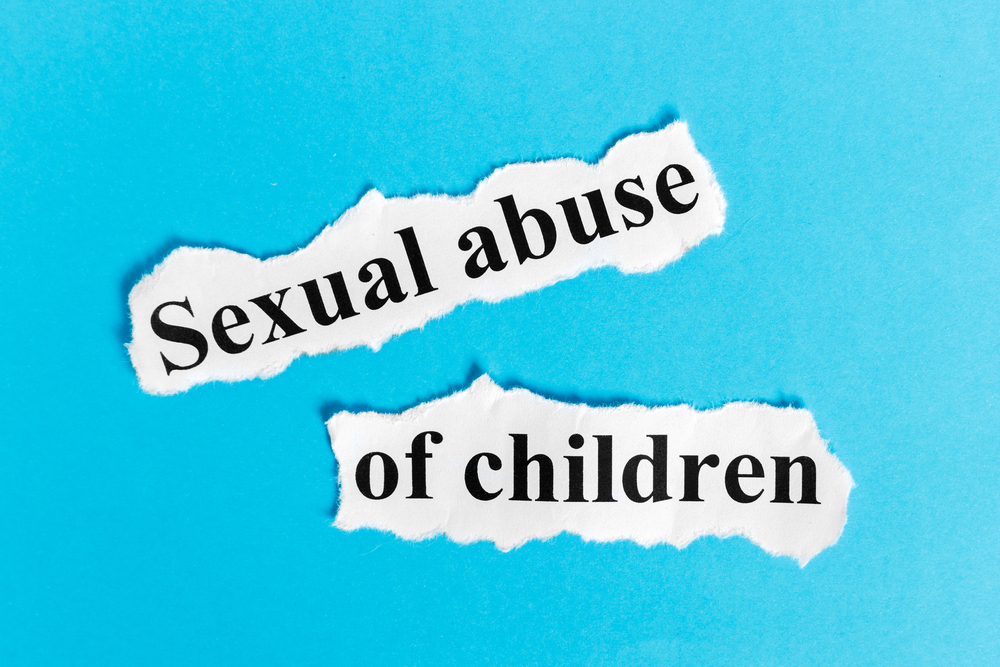About Us
Recent Results
Criminal Law
- Criminal Law Resources
- Criminal Offences
- Apprehended Violence Orders (AVO)
- Assault Charges
- Affray
- Assault Occasioning Actual Bodily Harm
- Assault Police
- Attempt To Choke
- Common Assault
- Custody Of Knife In Public
- Failure Of Parent To Care For Child
- Grievous Bodily Harm Or Wounding With Intent
- Offensive Language Or Conduct
- Reckless Grievous Bodily Harm Or Wounding
- Resist And Obstruct Police
- Riot
- Stalk Or Intimidate
- Use Carriage Service To Threaten
- Break And Enter
- Child Sexual Offences
- Domestic Violence
- Drug offences
- Firearms And Weapons
- Causing Danger With Firearm Or Speargun
- Dangerous Use Of Firearm Or Speargun
- Firing At House Or Building
- Make Or Supply Explosive
- Possession Of Dangerous Articles Other Than Firearms
- Possession Of Unregistered Firearm In Public
- Safe Keeping Of Firearms
- Unauthorised Possession Of Firearm In Aggravated Circumstances
- Unauthorised Possession Or Use Of Firearms
- Unauthorised Possession Or Use Of Prohibited Firearms
- Unregistered Firearms
- Fraud
- Centrelink Fraud
- Dealing With Property Suspected Proceeds Of Crime
- Dishonesty
- Embezzlement
- False Or Misleading Document
- Forgery
- Intention To Deceive
- Intention To Defraud By Destroying Accounts
- Intention To Defraud By False Or Misleading Statement
- Larceny By Servant Or Clerk
- Money Laundering
- Obtain Financial Advantage Or Property By Deception
- Possession Of Forged Document
- Hinder Police Investigation
- Intentionally Or Recklessly Damage Property
- Murder and Manslaughter
- Perverting Course Of Justice
- Possess House Breaking Implements
- Robbery Or Stealing
- Sexual Offences
- Terrorism Charges
- Unlawful Entry Onto Inclosed Lands
- White Collar Crimes
Traffic Law
- Traffic Law Resources
- Good Character Reference Guide
- Penalties for Traffic Offences
- Traffic Offences
- Dangerous Driving Offences
- Aggravated Dangerous Driving Occasioning Death
- Aggravated Dangerous Driving Occasioning Grievous Bodily Harm
- Dangerous Driving Occasioning Death
- Dangerous Driving Occasioning Grievous Bodily Harm
- Aggravated Dangerous Driving Occasioning Death
- Aggravated Dangerous Driving Occasioning Grievous Bodily Harm
- Dangerous Driving Occasioning Death
- Dangerous Driving Occasioning Grievous Bodily Harm
- Drink Driving
- Drive While Unlicensed Or Never Licensed
- Drive Whilst Disqualified Or Suspended
- Drug Driving
- Failing To Stop And Assist After Impact
- Furious Or Reckless Driving
- Habitual Offender Declarations
- Negligent Driving
- Police Pursuit
- Predatory Driving
- Red Light Cameras
- Removal Of Licence Disqualification
- Speeding Offences
- Street Racing
- Dangerous Driving Offences
- Traffic Offenders Program
- Apology Letter for Court
- Representing Yourself in Court
- Section 10 Dismissal
- Appeals
- Traffic Offences
- Dangerous Driving Offences
- Drink Driving
- Drive While Unlicensed Or Never Licensed
- Drive Whilst Disqualified Or Suspended
- Drug Driving
- Failing To Stop And Assist After Impact
- Furious Or Reckless Driving
- Habitual Offender Declarations
- Negligent Driving
- Police Pursuit
- Predatory Driving
- Red Light Cameras
- Removal Of Licence Disqualification
- Speeding Offences
- Street Racing
- Traffic Law Resources
- Blog
- Fixed Fees
- Client Reviews
 (02) 8606 2218
(02) 8606 2218


